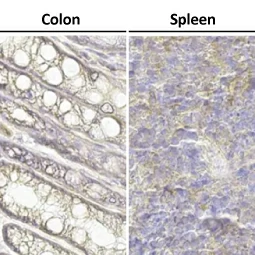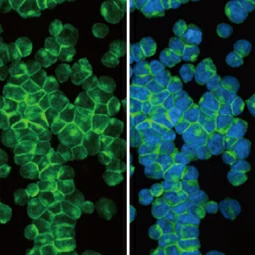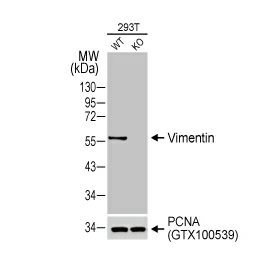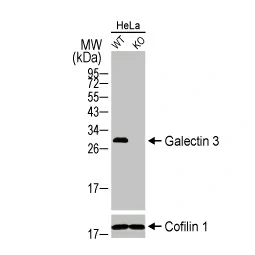Cancer Cells Implement Early Tolerance/Late Persistence Mechanisms to Survive Therapy
 |
Bacterial survival hinges on resistance, persistence, or tolerance when confronted with antibiotic therapy. Similarly, cancer cells have resistance and persistence strategies to counter chemotherapy, though whether drug-triggered tolerance exists has been unclear.
In a new publication in Nature Communications, Punzi et al. propose that cancer cells do possess a tolerance mechanism that relies on autophagy activation and DNA damage repair pathway enhancement (1). Interestingly, extended drug exposure elicits transition to persistence characterized by a reversal in DNA repair pathway activity. This effect is mediated by a PINK1/HNF4A-dependent mechanism involving chromatin compaction and transcriptional silencing. The authors suggest that therapeutic inhibition of tolerance, in combination with standard antineoplastic regimens, could potentially improve patient outcomes.
GeneTex has established a broad catalog of quality antibodies for your research, including the GAPDH antibody [GT239] (GTX627408) cited in this study. Check out GeneTex’s comprehensive antibody catalogs for cancer and cell biology research. For more information, please visit the GeneTex website.
See GeneTex’s Catalog of Extraordinary Recombinant Antibodies!
|
Highlighted Products |
|
|
|
|
||||||||||||||||
Reference:
Nat. Commun. 2025 Feb 3;16(1):1291. doi: 10.1038/s41467-024-54728-7



